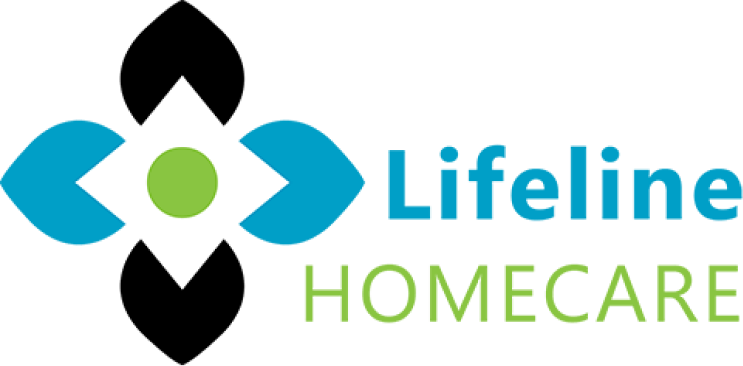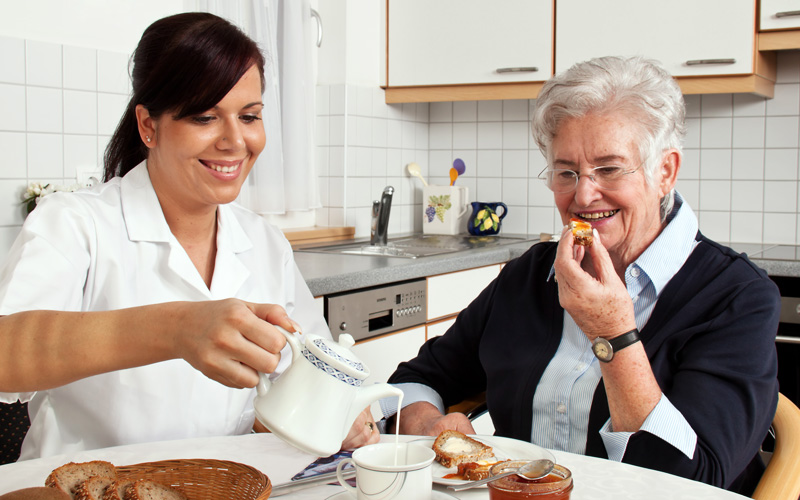If you are caring for a loved one that has been diagnosed with early-stage Alzheimer’s disease, you may be wondering what to expect in the days and months to come.
The diagnosis of “early-stage” Alzheimer’s is used for any individuals diagnosed with beginning stages of the disease, no matter what their age. Your loved one may start to experience mild changes in the ability to think and learn, but he or she continues to participate in daily activities and give-and-take dialogue.
Since no two people experience Alzheimer’s alike, the degree of assistance needed from a caregiver varies. Your loved one may need help with one or more of the following:
– Keeping appointments
– Remembering words or names
– Recalling familiar places or people
– Managing money
– Keeping track of medications
– Doing familiar tasks
– Planning or organizing
One of the most important things you can do as a caregiver is to tap into your loved one’s strengths and focus on what they are still able to do. Encourage your loved one to continue living as independently as possible. Helping them establish daily routines will provide them with a sense of familiarity and control that will be of some benefit.
A diagnosis of Alzheimer’s can cause your loved one to experience anxiety and fear. In addition to helping your loved one with daily activities, he or she will also need your emotional support. You can help by:
– Encouraging the person to share his or her feelings, and asking how you can be supportive
– Encouraging the person to stay involved in activities he or she enjoys
– Helping the person locate a support group for people in the early stages and their care partners
As a care partner, you will also experience many emotions. Know that you aren’t alone. Being part of a community of people going through similar experiences can provide you with support, hope and information. Contact your local Alzheimer’s Association chapter to find an early-stage care partner support group near you. Lifeline Homecare can also provide caregiving services to your loved one and provide you with time to decompress and take care of tasks you may be neglecting in your own life.
Contact Lifeline Homecare to find out more about how we can help: care@lifelinehomecare.org
The Alzheimer’s Association offers a free online training program on the early detection of Alzheimer’s.

